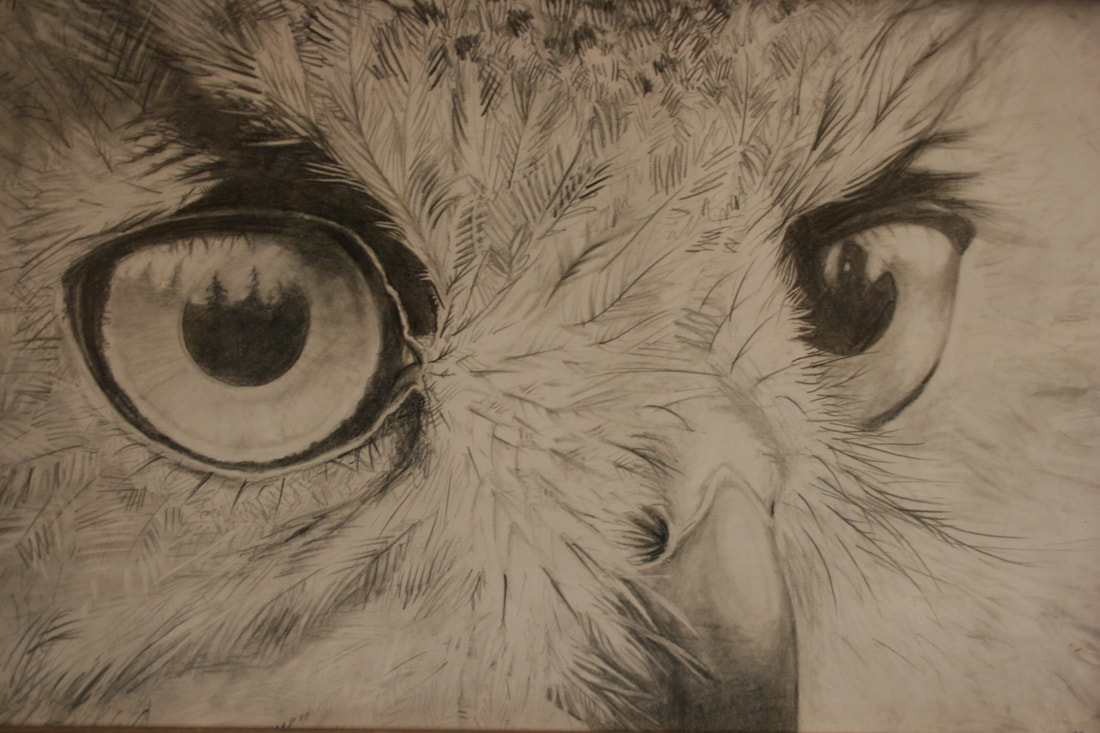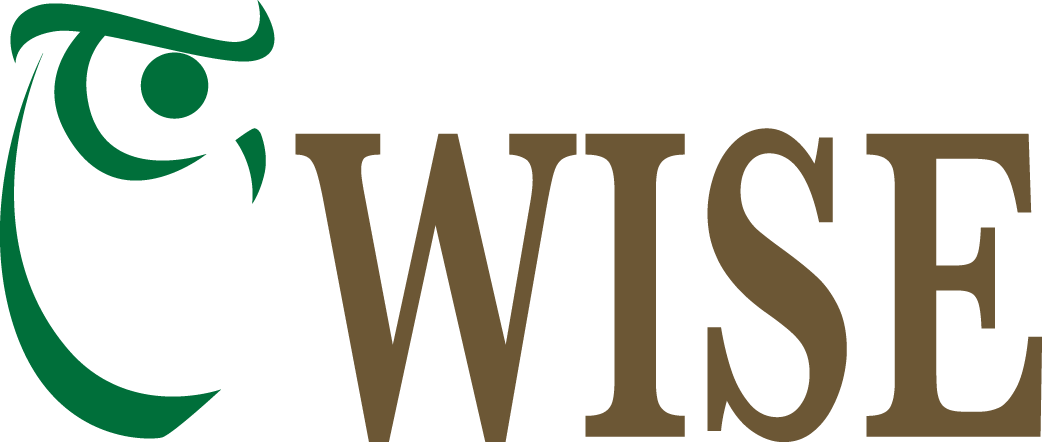|
Copper River Record February 15, 2018 By Robin Mayo If you don’t immediately get the reference in the title to this article, you should head to your nearest public library, or ask a young friend to summarize Laura Joffe Numeroff’s classic childrens book, “If You Give a Moose a Muffin.” In a nutshell, a boy offers baked goods to a visiting ungulate, touching off a hilarious, messy, and highly ridiculous chain of events. It is the first thing many of us thought of as the following story unfolded: For over a week during the recent cold spell, a little bull moose, probably last year’s calf, bedded down under the eaves at the WISE office on the Old Edgerton Highway. We figure the bare ground covered with leaves first drew him there, then he discovered it was a little warmer. The wall forms a little alcove, like a reverse bay window, so there is a large patch of shelter that catches the late morning sun. He didn’t seem at all concerned with the people and occasional dog just a few feet away, and we enjoyed watching him through the windows. The flip side of this idyllic scene is not so pretty. There was no cow moose to be seen, so the little guy was an orphan, without a Mom to show him what to eat, break trail through the deep snow, and protect him. He was looking skinny, and every hour spent huddled up in his little haven was time he was not spending out foraging for food. With the deep snow and bitter cold, his prospects for surviving the winter are not great. I’m probably not the only person who called Alaska Department of Fish and Game that week with a similar dilemma. I was curious if there was anything we could do to help, and what the options were. They patiently reminded me that feeding wildlife is illegal for a lot of good reasons. Fed animals become habituated and dependent on humans for food, and lose some of their survival skills. They also may become dangerous, many nuisance animals started as fed animals who then become demanding. Finally, the foods we may offer are usually not good for the animals. In winter, the bacteria in a moose’s rumen are tuned for digesting wood and bark. A bellyful of hay will probably not do it any good, and may even kill it. The one thing they said we could do was stomp out some trails away from the house, and towards brushy places where he might find a meal and a route to better habitat. Even if an animal becomes belligerent, it is very rare that they will be euthanized. Most commonly, Fish and Game or the troopers will haze an animal, attempting to scare it away with rubber bullets and cracker shells. The key is avoidance, in most cases if you leave a wild animal alone it will leave you alone, and if you don’t encourage abnormal behavior it will have a better chance of getting back to wild ways. Occasionally, a habituated animal which has decided to hang around humans is harvested with a Potlatch Permit, or in a special Targeted Moose Hunt. We also briefly explored the option of sending our little friend to a zoo or wildlife center, but even a relatively small moose is a big hassle for them to catch and transport, and already has enough wild habits to be unlikely to adapt to confinement. Most of the moose in captivity came in from the wild as very young calves, so they are used to humans and learn early about fences and other trappings of civilization. Heidi Hatcher, a Wildlife Biologist at Glennallen ADF&G, said they expect more winter die-off this winter than has been seen for several years. The bitter cold and abundant snow are hard on the critters, driving them closer to human habitations as they look for food, a reprieve from wading through deep snow, and a haven from predators. At this time of year the moose commonly head for lowlands and rivers, and may learn that wolves are less likely to bother them if they hang out close to humans. It’s hard to watch a wild animal suffer, but in the long run we have to let nature take its course. When the weather warmed our little friend took an interest in eating again and wandered off, so there could be a happy ending to this story. Probably we will never know, but it was a treat to get to watch him for a few days. And yes, I really, really wanted to give him a muffin. In the popular children’s book the muffin leads to demands for raspberry jam, making sock puppets, spilled paint, and many other domestic disasters. In the real world, it is still better not to give a moose a muffin. A young bull moose orphan, likely a yearling, looks very skinny as it huddles near a warm building during this winter's cold snap. Luckily, he was also docile.
Photo: Courtesy of Robin Mayo
0 Comments
Leave a Reply. |
Who We AreWISEfriends are several writers connected with Wrangell Institute for Science and Environment, a nonprofit organization located in Alaska's Copper River Valley. Most of these articles originally appeared in our local newspaper, the Copper River Record. Archives
August 2021
Categories
All
|
|
WISE is a
501(c)3 nonprofit organization |
Contact Us |



 RSS Feed
RSS Feed
